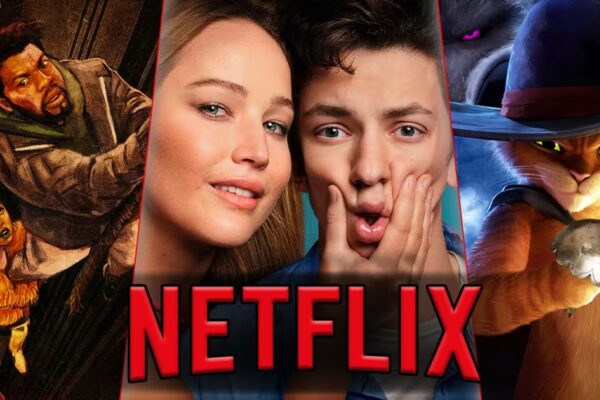
Introduction to ITV2
Since its launch in 1998, ITV2 has emerged as a significant player in the British television landscape. Originally introduced to complement the offerings of its parent network, ITV1, ITV2 has carved out a niche for itself, catering primarily to younger audiences with a variety of entertainment and reality TV programming. This article delves into the importance of ITV2, its programming, and its relevance in today’s entertainment industry.
Portrayal of Reality and Entertainment
ITV2 has gained popularity for its diverse programming slate that includes compelling reality shows, comedy series, and celebrity-driven content. Some of the channel’s most notable successes include blockbuster reality franchises like “Love Island” and “The Only Way is Essex” (TOWIE), which have not only captivated audiences but have also become cultural phenomena in the UK.
Love Island, in particular, has redefined reality television since its launch in 2015. The show not only entertains but also influences fashion, social media trends, and even language among its audience. As a result, ITV2 enjoys high viewership numbers and a robust social media presence, which amplifies engagement and interaction with its fanbase.
Strategic Programming Decisions
In recent years, ITV2 has made strategic decisions to diversify its content offerings. Along with established reality shows, the channel has introduced scripted comedies and dramas. Series such as “Plebs” and “Birds of a Feather” demonstrate ITV2’s commitment to providing a range of programming that appeals to its target demographic. This shift not only expands the channel’s audience but also helps ITV2 keep pace with competitors in an increasingly crowded market, including platforms like Netflix and Disney+.
Looking Ahead: The Future of ITV2
As ITV2 continues to evolve, it faces both challenges and opportunities. The rise of streaming services and the changing viewing habits of audiences call for innovative approaches. ITV2’s ability to adapt its content strategy will be crucial in staying relevant. Collaborations with popular influencers and content creators may also play a role in attracting younger viewers who are at the forefront of digital trends.
Conclusion
ITV2’s rising prominence in British television showcases how traditional broadcasters can compete in an age of digital media. Through a blend of reality TV, engaging dramas, and strategic content choices, the channel has captured a significant audience that reflects contemporary popular culture. As ITV2 looks to the future, its commitment to innovate and engage will be pivotal to ensuring its place in the ever-evolving landscape of television entertainment.
You may also like

Current Top Movies on Netflix You Should Watch

The Exciting Location of Super Bowl 2024: What to Expect

The Importance of Storytelling in Modern Society
SEARCH
LAST NEWS
- Remembering Wendy Richard: The Promise to Co-Star Natalie Cassidy
- How Did Anglian Water Achieve an ‘Essentials’ Rating for Mental Health Accessibility?
- Shai Hope Leads West Indies in T20 World Cup Clash Against South Africa
- What We Know About Weston McKennie: Future at Juventus and Past at Leeds
- What We Know About the Upcoming Live Nation Antitrust Trial